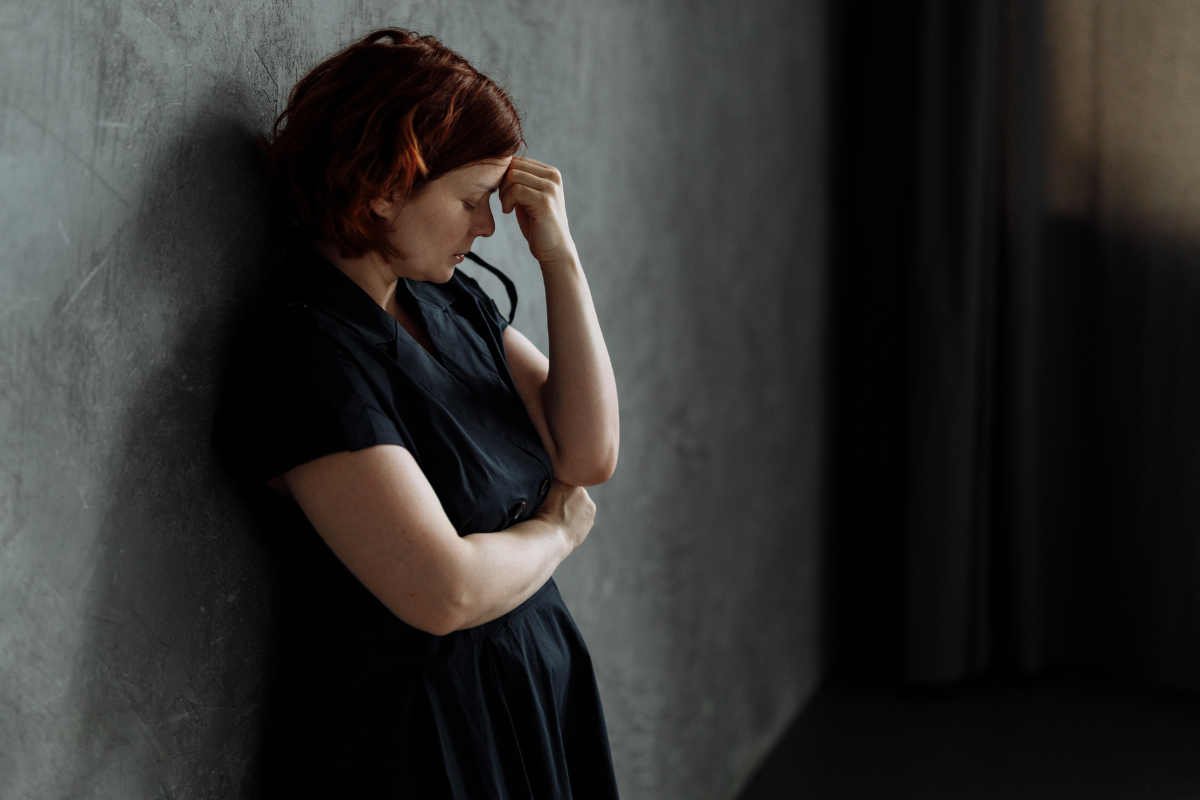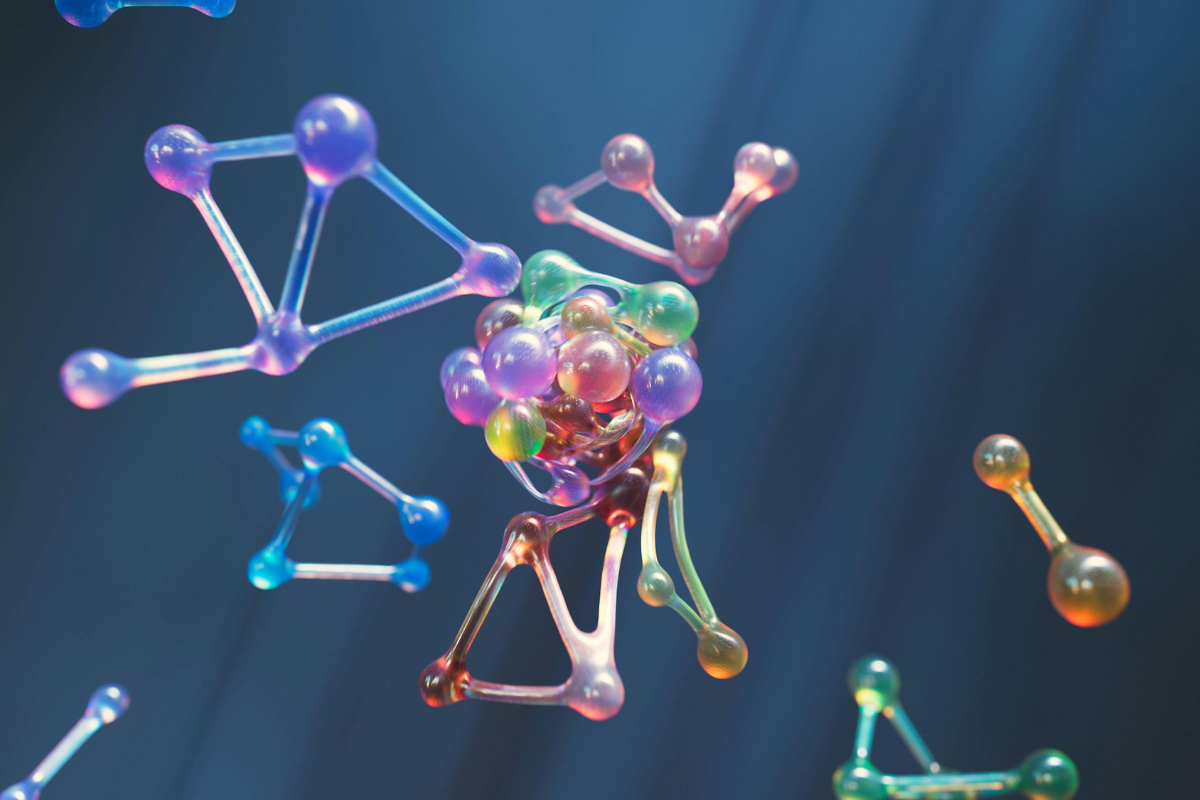Millions of people take benzodiazepines and antidepressants on a prescription basis. Since it can be dangerous to combine certain medications, what should patients know about mixing benzos and antidepressants?
Learn more about our Atlanta mental health programs or call us now at 866-859-3442.
What Are Benzos?
Benzodiazepines (benzos) are prescription medications that are used to treat anxiety disorders, insomnia, and seizures. They are sometimes also used to help people who have been experiencing particularly distressing symptoms related to alcohol withdrawal:
Examples of frequently prescribed benzos include:
- Diazepam (which is sold under the brain name Valium)
- Alprazolam (Xanax),
- Clonazepam (Klonopin),
- Lorazepam (Ativan)
- Temazepam (Restoril)
Benzos are depressants, which means they slow the delivery of messages throughout the central nervous system (CNS). They accomplish this by enhancing the effectiveness of gamma-aminobutyric acid (GABA), which is the body’s primary inhibitory neurotransmitter.
When a person takes benzos, typical beneficial effects include:
- Relaxation
- Easing of muscle tension
- Alleviation of anxiety
- Improved mood
- Better sleep
Potential adverse effects of benzos include:
- Lightheadedness
- Confusion
- Blurred vision
- Impaired memory
- Muscle weakness
In the U.S., benzos are classified as Schedule IV controlled substances, which limits who can possess and use the drugs. A Schedule IV classification means that the U.S. government has determined that benzos pose a low risk of abuse and addiction.
Is it Common to Mix Benzos and Antidepressants?
Anxiety and depression are two of the most common mental health concerns in the United States:
- About 40 million adults (or about 19.1% of the U.S. population ages 18 and above) have an anxiety disorder.
- Depression affects about 20 million adults in the U.S.
- Experts estimate that about 30%-63% of people with anxiety meet the diagnostic criteria for co-occurring depression, and 45%-67% of those with depression also have anxiety.
With millions of people struggling with both depression and anxiety, it’s not uncommon for someone to be taking both a benzo and an antidepressant to ease the symptoms of both disorders.
Also, some doctors prescribe a combination of antidepressants and benzodiazepines to treat people who have major depressive disorder without co-occurring anxiety.
Effects of Mixing Benzos and Antidepressants
The following steps can minimize your risk of problems when mixing benzos and antidepressants:
- Only take medications that have been prescribed to you by your doctor.
- Follow all guidance regarding when to take the meds and how much to take.
- Don’t abuse alcohol or other drugs while taking these medications.
- If you begin to experience adverse effects, report them to your doctor immediately.
Potential adverse effects to be aware of include physical injuries, cognitive impairments, and addiction.
Physical Injuries
Benzos can cause sedation, confusion, and unsteadiness. Antidepressants have been linked with drowsiness and lightheadedness (especially when you are first taking them). The combined effects of these two medications can put you in danger of injuries to due slips, falls, and similar accidents.
Cognitive Impairments
Benzos and antidepressants have both been linked with a range of cognitive concerns, including problems with focus, memory, and judgment. Taking both drugs at the same time can raise your risk of experiencing these types of challenges. This may be especially dangerous if you are driving or if your job requires you to operate heavy machinery.
Addiction
People rarely abuse antidepressants for recreational purposes, and the risk of becoming addicted to them is quite low. The same cannot be said of benzos.
Benzos’ ability to elicit a sense of relaxed euphoria has made them a popular drug of abuse, both alone and in combination with alcohol, opioids, and other substances.
Though it is possible to become dependent on benzos even if you take them as directed by your doctor, the risk of addiction increases substantially if you misuse the drugs.
Alternatives to Mixing Benzos and Antidepressants
Depending on the severity of your struggles with anxiety and depression, self-care and therapy may be beneficial alternatives (or effective complements) to taking both benzos and antidepressants.
Self-Care
The range of self-care steps you can take to minimize your psychological distress include:
- Following a nutritious diet plan, because the quality of the food you eat can affect your mind as well as your body
- Finding a physical activity that you enjoy (such as walking, bike riding, playing a sport, or going to the gym) and making it a regular part of your schedule
- Getting an appropriate amount of sleep every night
- Limiting your time on social media
- Practicing mindfulness and meditation
- Refraining from abusing alcohol or other substances
- Keeping a journal
- Staying in touch with close friends or trusted family members
Therapy
Treatment for anxiety, depression, and other mental illnesses isn’t limited to prescription medication. Therapy can also be an essential element of care. Participating in therapy on either a residential or outpatient basis can help you to:
- Better understand the disorder or disorders that you have been living with
- Address the underlying issues that may have contributed to your mental health concerns
- Replace self-defeating thoughts and behaviors with healthier ways of thinking and acting
- Create a functional personal support network
- Develop strategies for avoiding triggers and managing your symptoms
- Learn to effectively advocate for your own needs
- Establish and maintain healthy boundaries
Examples of the types of therapies that can help you achieve these and other goals include:
- Individual psychotherapy
- Group therapy
- Family counseling
- Cognitive behavioral therapy (CBT)
- Dialectical behavior therapy (DBT)
- Holistic therapies such as art, yoga, and meditation
- EMDR and other trauma-focused therapies
Learn More About Treatment for Anxiety and Depression in Atlanta
Valor Behavioral Health provides personalized outpatient care for adolescents and adults who have been living with anxiety, depression, and other mental health concerns. We also offer dual diagnosis services for patients whose mental health needs are accompanied by co-occurring addictions.
Programming options at our mental health treatment center in Atlanta, GA, include a partial hospitalization program (PHP), an intensive outpatient program (IOP), and an outpatient program (OP). Each of these programs include separate environments for adults and adolescents, so that all patients can receive age-appropriate care in a safe and supportive environment.
To learn more about our programs and services, or to schedule a free consultation, please visit our Admissions page or call us today.















